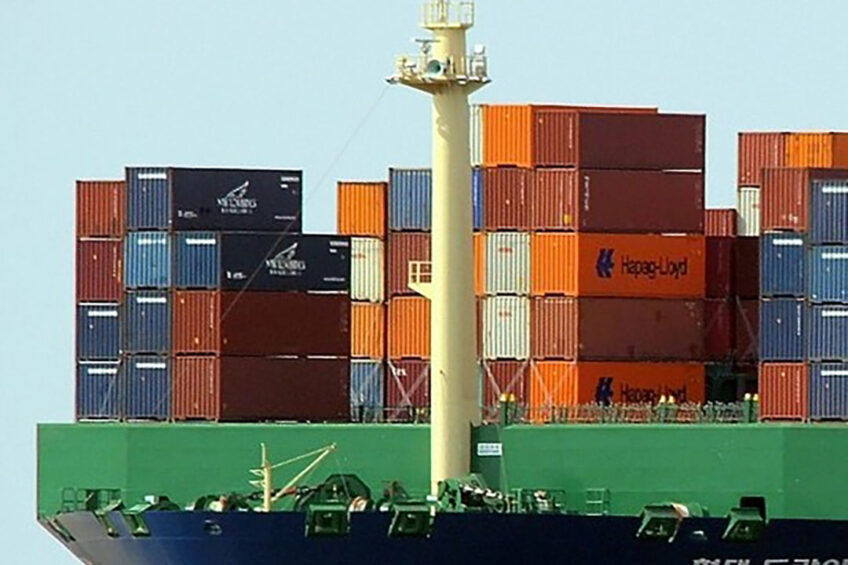Frustrations grow at lack of progress over food import controls

Fears are growing that the UK government plans to delay food import controls post-Brexit for a fifth time, which poultry leaders argue will lead to a flood of cheap imports.
The British Poultry Council says proportionate controls are key to a profitable, sustainable food system which will not undercut domestic production.
Richard Griffiths, BPC chief executive, said the current system was untenable: “The concerns that importers have expressed are what BPC members have endured since day one. Additional administration, like Official Veterinary-signed export health certificates, has cost the industry £55 million a year since leaving the single market and customs union.
“The repeated failure to implement full import controls on products coming into the UK from the EU means EU exporters have made nothing in certification costs, handing them the competitive advantage,” he said.
Equalising trade
Griffiths said members did not want checks “per se” but to fix problems putting pressure on production costs and supply chains: “That starts with equalising trade between importers and exporters.”
British poultry meat exporters had just 7 days to prepare for the conditions of the Trade and Co-operation Agreement signed on 24 December 2020, while EU exporters have enjoyed frictionless trade to the detriment of domestic food production.
“The consequences of not having these controls in place will continue to push up UK food prices, in a cost-of-living crisis no less.”
The issue has led to a 10% cut in British poultry meat production, with cheaper imports undercutting domestic production “in pursuit of filling gaps on shop shelves that retailers aren’t willing to pay a fair price for,” he added.
“Levelling the playing field across industries, sectors, and entire nations must take precedence if ensuring accessible and affordable food is the priority. The consequences of not having these controls in place will continue to push up UK food prices, in a cost-of-living crisis no less.”
The BPC says the cost of not having reciprocal checks is greater than the burdens that come with them. They need to be as efficient and fair as possible to equalise trade between importers and exporters.













